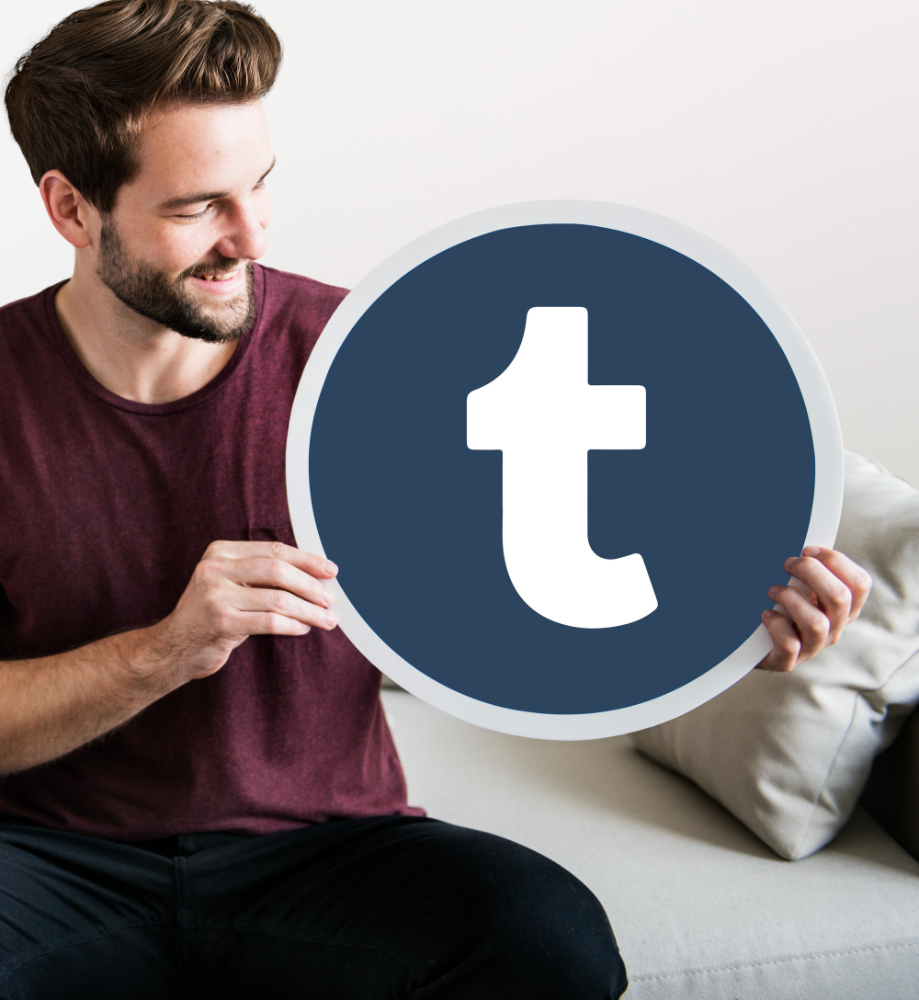When we talk about software libre—or free and open-source software—the conversation inevitably turns to the people behind the movement. One of the names gaining recognition in Spanish-speaking communities is Johan Espinosa, an advocate, developer, and promoter of software libre. His work stands as a testament to the growing importance of open-source solutions in education, government, and business. In this article, we will explore the keyword “Johan Espinosa software libre”, unpack what it means, examine his contributions, and reflect on the broader implications of open-source in the digital age.
What is Software Libre?
Before diving into Johan Espinosa’s role, it’s essential to clarify what software libre means.
The term “software libre” is often misunderstood. Unlike proprietary software that restricts user rights, software libre emphasizes freedom. According to the Free Software Foundation, software is considered free if it respects these four essential freedoms:
- Freedom to run the program as you wish, for any purpose.
- Freedom to study how the program works, and to modify it according to your needs.
- Freedom to redistribute copies so you can help others.
- Freedom to distribute your modified versions to the community, contributing improvements for the common good.
In short, software libre is not just about cost—it’s about freedom, collaboration, and transparency.
Who is Johan Espinosa?
The keyword “Johan Espinosa software libre” reflects a growing association between a developer and the philosophy he supports. Johan Espinosa is part of a new wave of technology leaders who advocate for open, community-driven solutions in a world dominated by proprietary systems like Microsoft, Apple, and Google.
While Johan may not yet be a household name like Richard Stallman or Linus Torvalds, his contributions highlight a critical aspect of the free software movement: local leadership with global vision. His work involves spreading awareness, developing free tools, and pushing for adoption in areas where access to affordable technology is limited.
For Johan, software libre is not just a technical matter—it’s a social movement that empowers communities, strengthens education, and reduces dependence on monopolistic corporations.
Why the Association Matters: Johan Espinosa and Software Libre
When users search for “Johan Espinosa software libre”, they are connecting two powerful ideas: a personal brand and a philosophy. Johan’s involvement in this field represents:
- Advocacy for Education: Promoting open-source tools in schools and universities so students learn from transparent systems.
- Government and Policy Work: Encouraging local governments to adopt free software for efficiency, security, and independence.
- Entrepreneurship and Innovation: Supporting startups and businesses with open-source stacks that lower costs and allow greater customization.
- Community Building: Hosting workshops, contributing to forums, and engaging in collaborative projects.
This dual focus—individual leadership and collective empowerment—is at the heart of the software libre ethos.
The Philosophy Behind Johan Espinosa’s Software Libre Work
Espinosa’s approach to software libre emphasizes three main principles:
1. Democratization of Technology
Technology should not be locked behind paywalls or licenses that exclude people. Johan promotes tools like Linux distributions, LibreOffice, GIMP, and Moodle, which provide professional-level solutions without the restrictions of proprietary licenses.
2. Sustainability and Independence
By relying on software libre, communities and nations can avoid dependency on multinational corporations. For instance, a government using open-source operating systems saves millions in licensing fees while retaining control over its data.
3. Collaboration and Shared Knowledge
The free software community thrives on collaboration. Johan often emphasizes that knowledge, once shared, multiplies rather than diminishes. By contributing to open repositories, he strengthens collective innovation.
Case Studies: Software Libre in Action
To understand Johan Espinosa’s impact, it helps to look at practical examples of software libre adoption:
- Education Systems in Latin America: Countries like Ecuador, Venezuela, and Uruguay have experimented with GNU/Linux-based systems in schools. Johan’s advocacy aligns with these initiatives, ensuring students grow up with an open mindset.
- Small Businesses and Startups: Proprietary software costs can cripple new ventures. By promoting alternatives like Odoo (for ERP) or Nextcloud (for file management), Espinosa empowers entrepreneurs.
- Public Sector Transparency: Free software allows governments to maintain data sovereignty and enhance cybersecurity—something Espinosa repeatedly highlights in his talks and writings.
Challenges in Promoting Software Libre
Despite the clear benefits, Johan Espinosa acknowledges several obstacles:
- Cultural Resistance: Many people assume that free software means “inferior software.” Overcoming this stigma requires education and success stories.
- Compatibility Issues: Some industries rely heavily on proprietary standards, making migration difficult.
- Lack of Awareness: While software libre is strong in developer circles, the general public often doesn’t know these tools exist.
Espinosa’s mission is to address these challenges head-on by educating, mentoring, and proving the power of open systems.
The Global Impact of Local Advocates
Why does Johan Espinosa matter on a global scale? Because open-source thrives when local leaders take ownership. While giants like Linux, Apache, and MySQL dominate the landscape, adoption in schools, small businesses, and municipalities depends on people like Espinosa.
His story illustrates how grassroots advocacy connects with global movements:
- Local communities gain access to affordable and powerful tools.
- Global open-source projects grow through contributions from diverse developers.
- A virtuous cycle emerges, where shared improvements benefit everyone.
Looking Ahead: Johan Espinosa and the Future of Software Libre
The digital future is being shaped by open ecosystems:
- Artificial Intelligence: Projects like Hugging Face and TensorFlow are open-source, ensuring AI doesn’t remain controlled by a few corporations.
- Cloud Computing: Platforms like Kubernetes and OpenStack make cloud infrastructure more democratic.
- Digital Sovereignty: Nations are realizing the risks of overreliance on foreign tech companies.
Johan Espinosa’s voice in this landscape reinforces the idea that software libre is not just relevant—it is essential. His ongoing work may influence the next generation of developers, teachers, and policymakers.
Conclusion: The Legacy of “Johan Espinosa Software Libre”
The keyword “Johan Espinosa software libre” embodies the spirit of a movement: freedom, collaboration, and empowerment through technology. Johan’s role as a developer, advocate, and community leader showcases the importance of personal dedication in driving systemic change.














